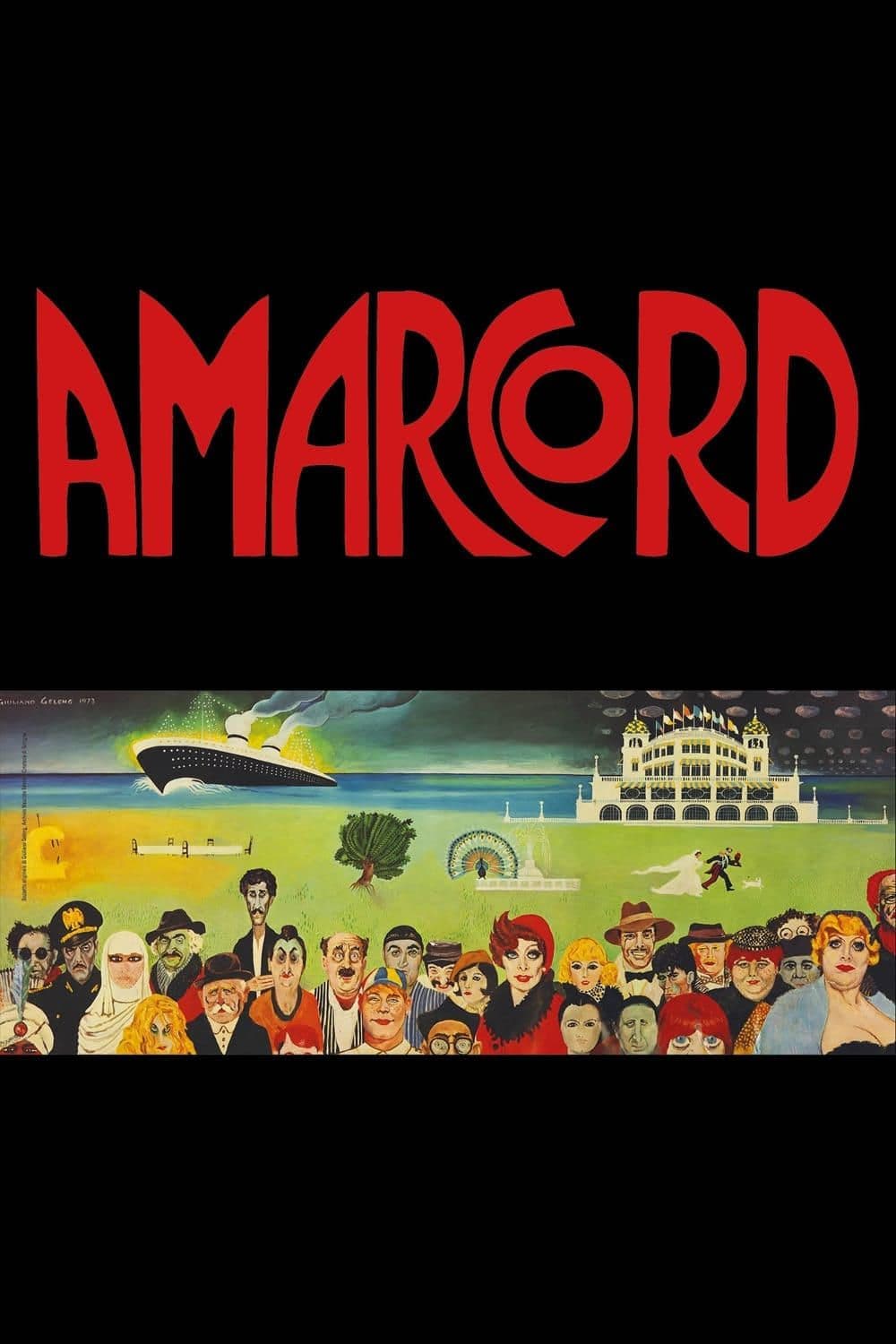
Amarcord
1973
Rate this movie
Average: 4.50 / 5
(2 votes)
Director
The story of a family in 1930s Rimini becomes the occasion for an anthology of scenes, like visions resurfacing from memory (Amarcord, precisely, "I remember"). But this is not a mere exercise in nostalgia; rather, it is an almost Proustian operation, an archaeology of the soul that delves into the stratifications of memory to reveal not so much historical truth as its emotional resonance, its perpetual vibration in the collective unconscious. Felliniesque Rimini is not a realistic portrait but a mythological fresco, a dreamlike stage where reality merges with dream and fantasy.
The Fascist oppression, with the gangs forcing the head of the family to drink castor oil because he played "The Internationale" on a gramophone during the Podestà's parade, does not resolve into a mere political denunciation; rather, it takes on the grotesque and farcical colors of childhood and adolescent memory. The regime is de-sacralized, reduced to a grandiose and comical staging, a tragicomic hyperbole that perfectly suits Fellini's vision of existence as a perpetual circus. It is Fascism seen through the eyes of a boy, who grasps its pompous choreography and inherent idiocy more than its true tragic scope, though without entirely ignoring it. The family lunch, where the day's problems are addressed by the pater familias dispensing reprimands and wisdom from his place at the head of the table, is an immutable ritual, a domestic commedia dell'arte that encapsulates all of Italy, a microcosm of tics, affections, and neuroses. The emir visiting the city with his harem of a hundred wives, the most beautiful woman in the city, Gradisca, and her provocative dresses, the first snow bringing wonder and enchantment, and then a parade of characters who are more archetypes than individuals: the Tabaccaia, a seductive and voluptuous epitome of carnal temptation; the boy destroyed by masturbation, a metaphor for sexual initiation and induced guilt; the wise and flatulent grandfather, an embodiment of popular and primordial wisdom, contrasting with the clumsy modernity that advances; the motorcyclist who speeds wildly, a symbol of restless and perhaps destructive freedom; the bachelor uncle yearning for a companion, a cry of unfulfilled and universal desire, and countless others. These characters, far from being mere caricatures, stand as symbols of a diverse humanity, true archetypes placed upon a provincial stage, rendered immortal by Fellini's evocative power.
A Fellini who looks with fervent tenderness and ironic verve upon his hometown and recreates its atmosphere and enchantment in the Cinecittà studios. The Rimini that emerges is not a faithful topographical reproduction but its distilled essence, a place of the soul recreated with artisanal skill. The scenic fiction, meticulously curated by Dante Ferretti, does not hide its artificial nature; on the contrary, it exalts it, transforming the sets into an extension of the dream, a theatrical backdrop where life manifests in all its exuberant, at times grotesque, beauty. It is Fellini at the height of his "style," of his unmistakable "Felliniesque," capable of merging the mundane with the fantastic, the trivial with the sublime.
A Rimini from which characters emerge like fairies and goblins wandering in the evening mist, and upon which the paternal eye of the great Federico falls. The fog, a recurring element, is not just a distinctive feature of the Po Valley landscape but becomes a metaphor for memory itself, which blurs and transfigures, making everything more ethereal and legendary. The sea, always present but often in the background, is another powerful symbol, a horizon of escape and mystery, a call to an infinitude that the province tries in vain to contain.
A city dismembered and sifted through in its humanity, its history, its immemorial presence in the mind of the Rimini director. Amarcord is an operation of deconstruction and reconstruction, an affectionate vivisection of provincial Italy, with its hypocrisies, its vibrant passions, its social rituals, and its subdued rebellions. Beneath the patina of playful melancholy lies a profound inquiry into rites of passage, into the unexpressed and repressed eroticism that permeates the air, into the transience of time and the incessant cycle of life and death. As in I Vitelloni, or in a certain sense in 8½, Fellini questions his own origins, the phantoms that populate his creativity, the roots of an identity that is, in essence, profoundly Italian and universal at the same time. Nino Rota's masterful soundtrack, melancholic and playful, amplifies every emotion, becoming itself a narrative voice, a bittersweet anthem to life's flow.
A highlight is the hilarious scene in which Ciccio Ingrassia climbs a tree and shouts his desire for a woman to the four winds. This iconic and liberating scene captures the essence of the film: existential despair transforming into a gesture of sublime and ridiculous protest, the primordial cry of humanity seeking connection and meaning, even in the most grotesque of manifestations.
The authentic spirit of a land on the borders between papacy, Byzantium, and the new millennium lies in this wandering sob, in this apotropaic cry. Amarcord transcends the story of a bygone Rimini to become a universal myth, an elegy for a lost era but also a celebration of humanity's persistent, anarchic vitality. It is proof that the most personal of memories can become the most universal of dreams, and that memory, however faithful or unfaithful it may be, remains the true engine of narrative and creation, an eternal return to that "I remember" which is both root and horizon.
Gallery
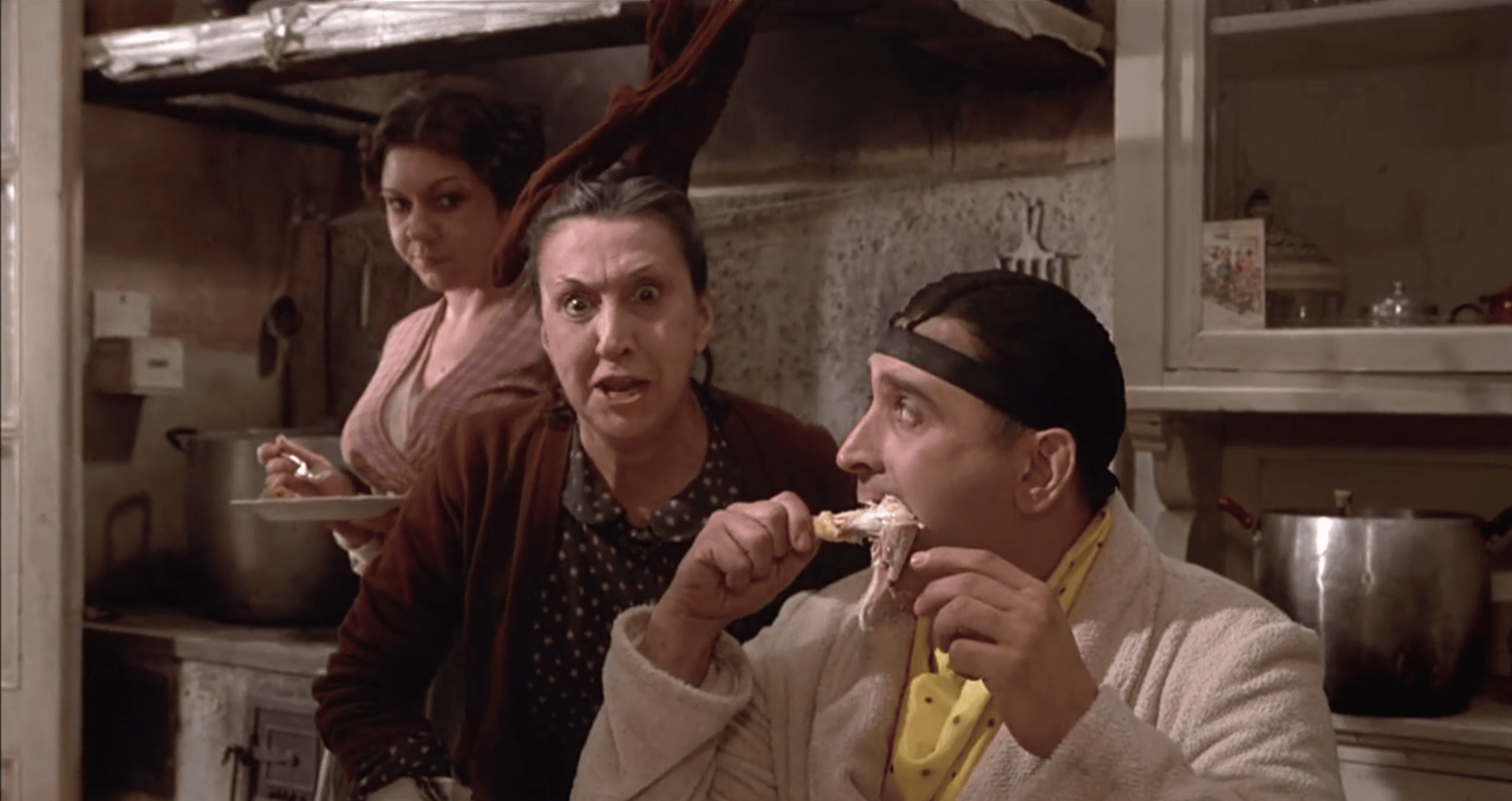
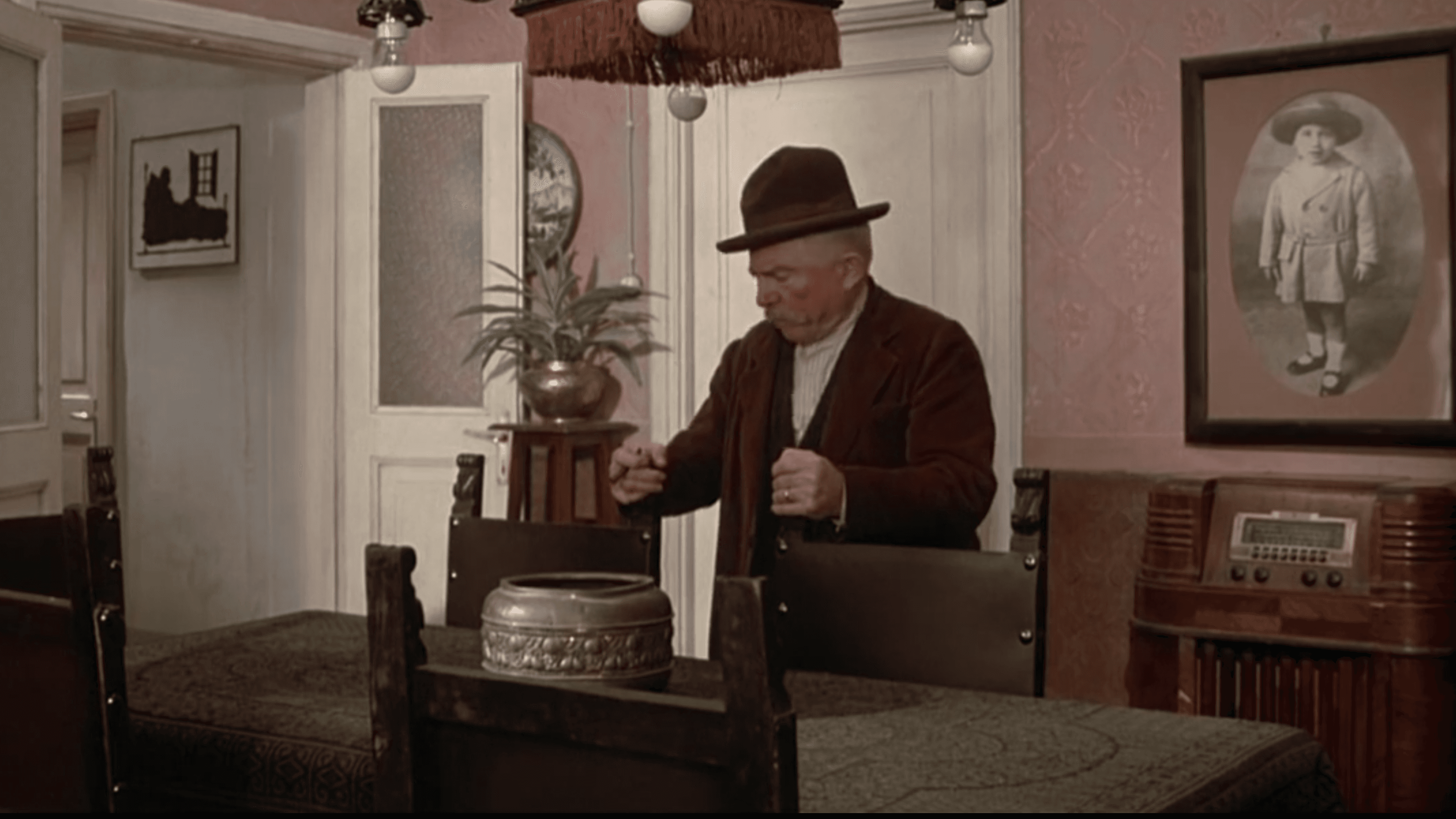


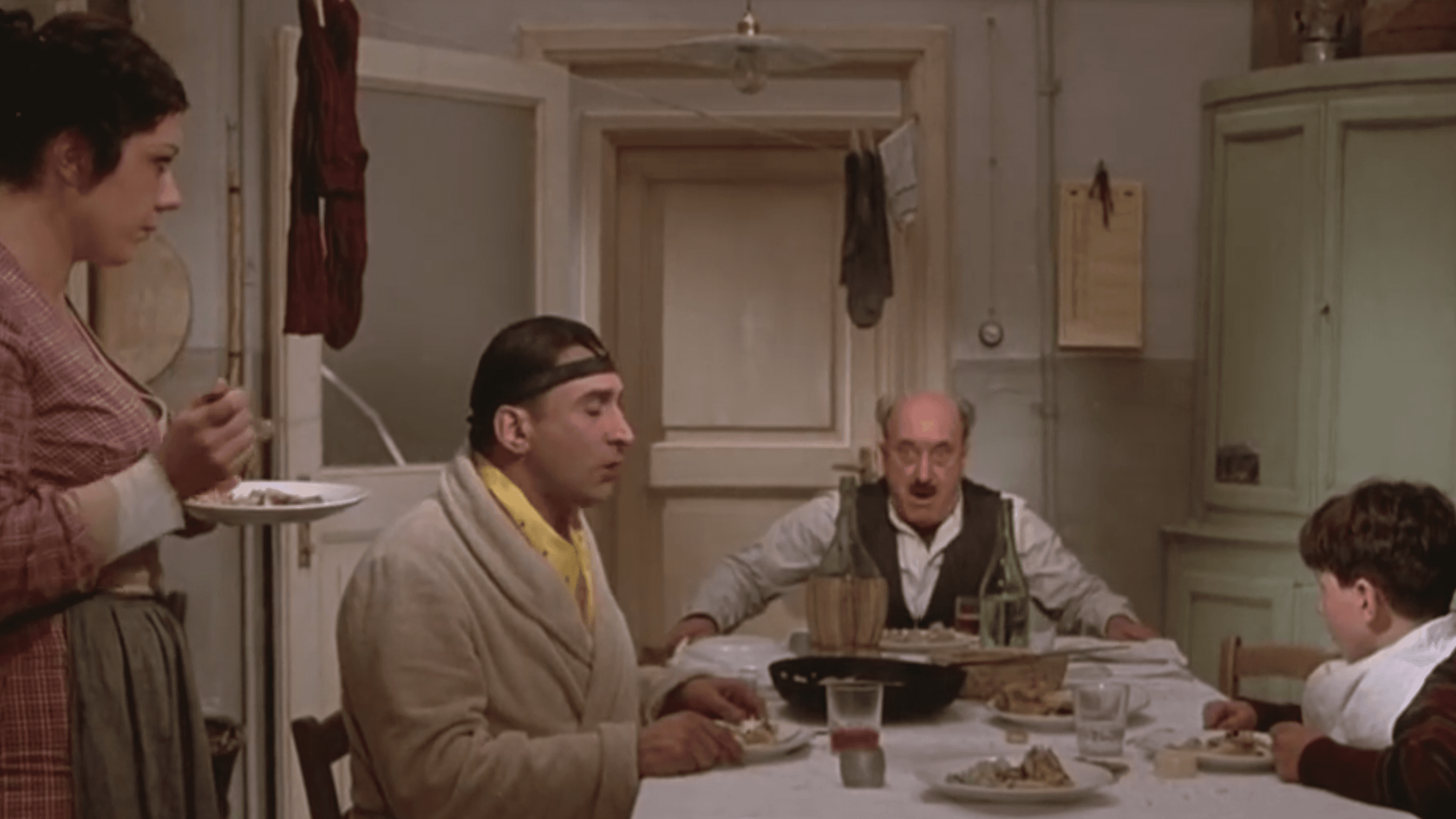
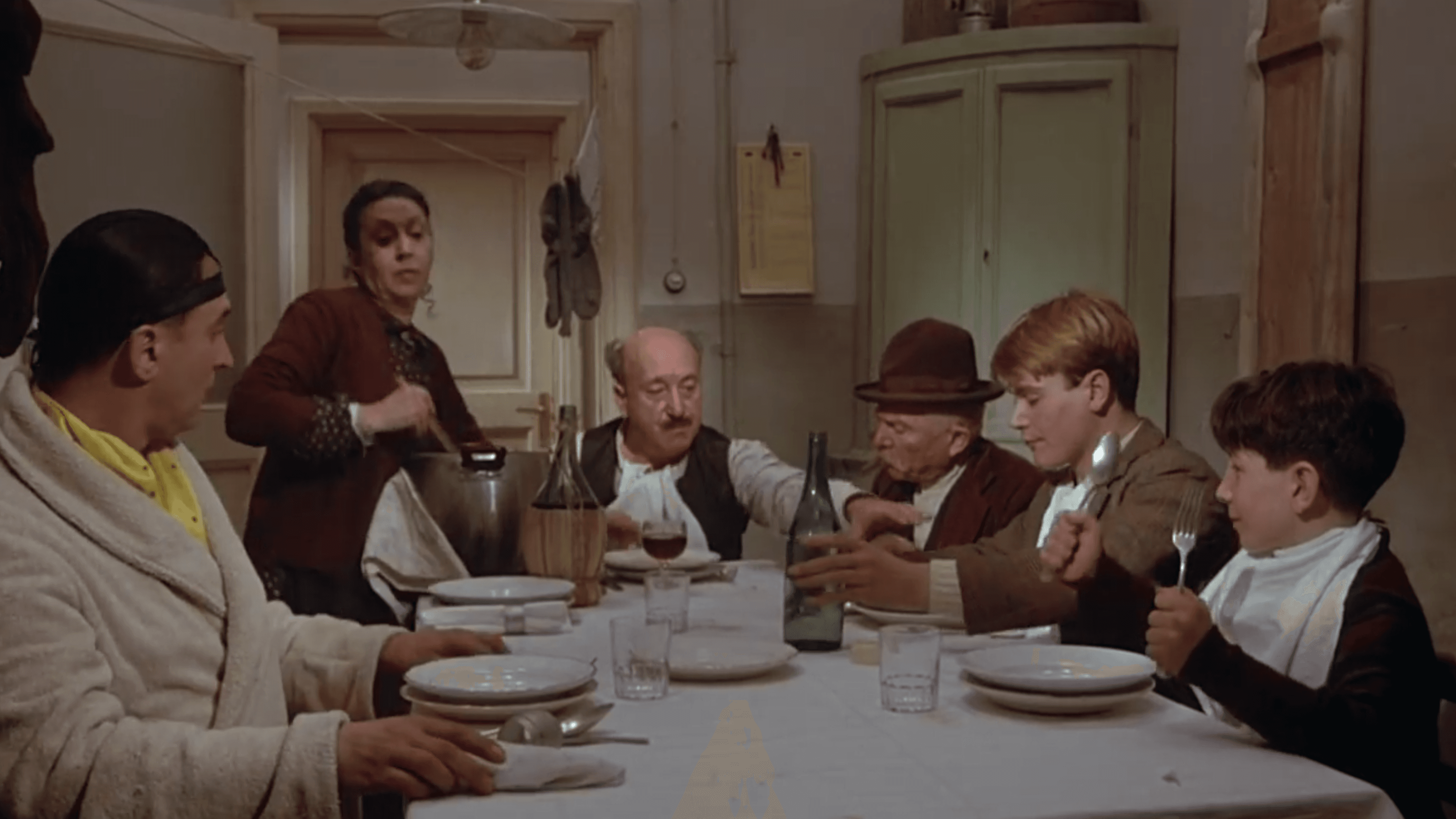
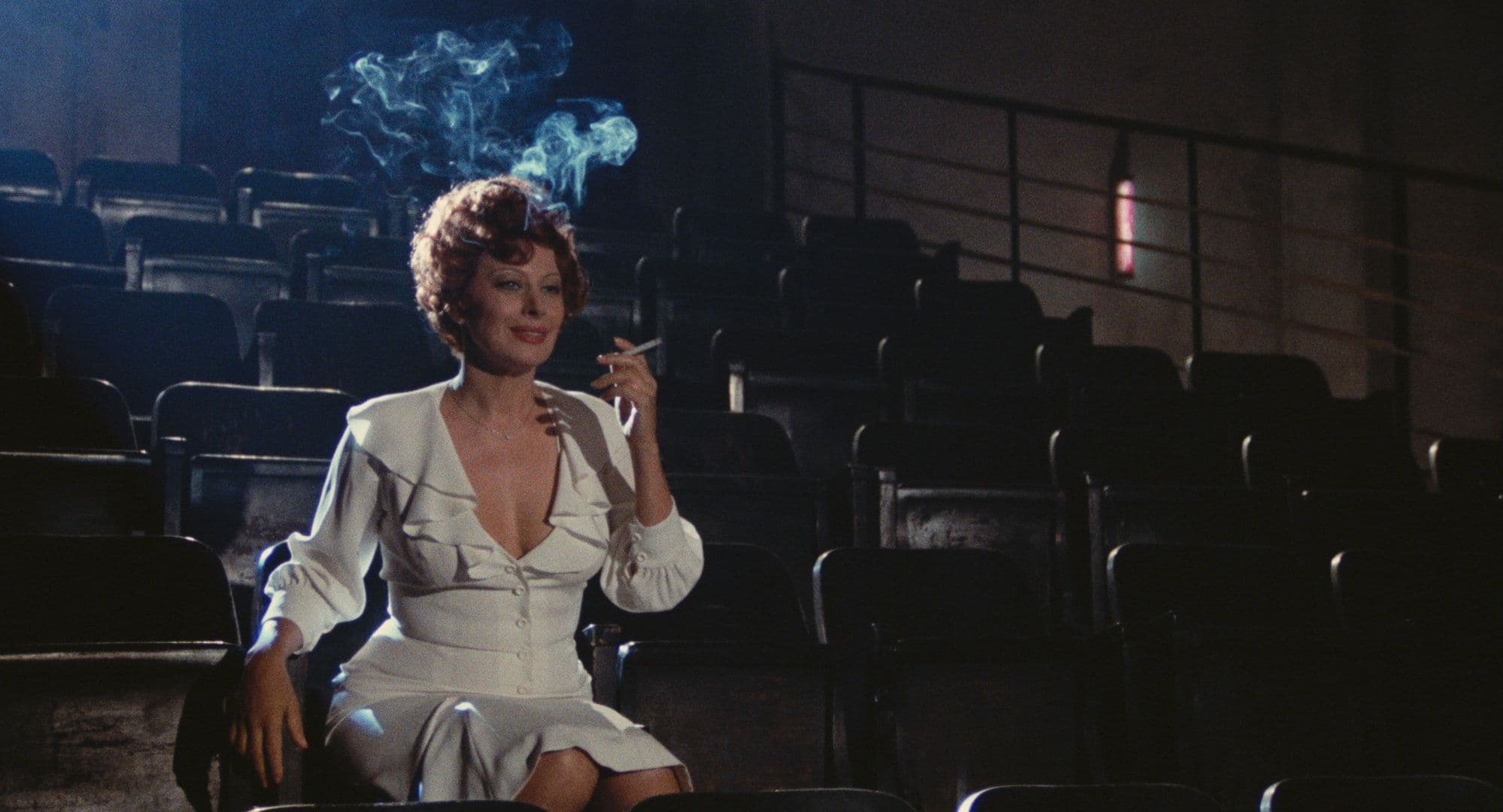
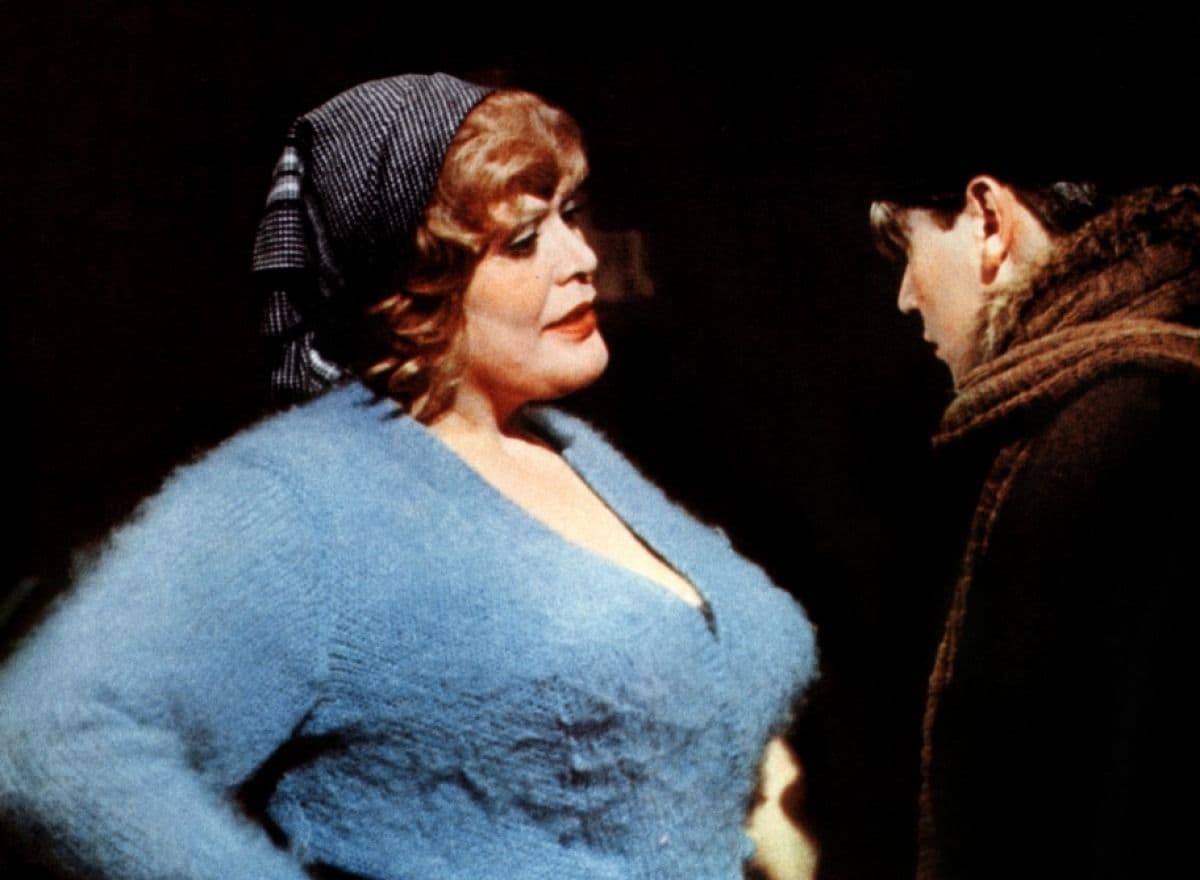
Featured Videos
Official Trailer
Comments
Loading comments...